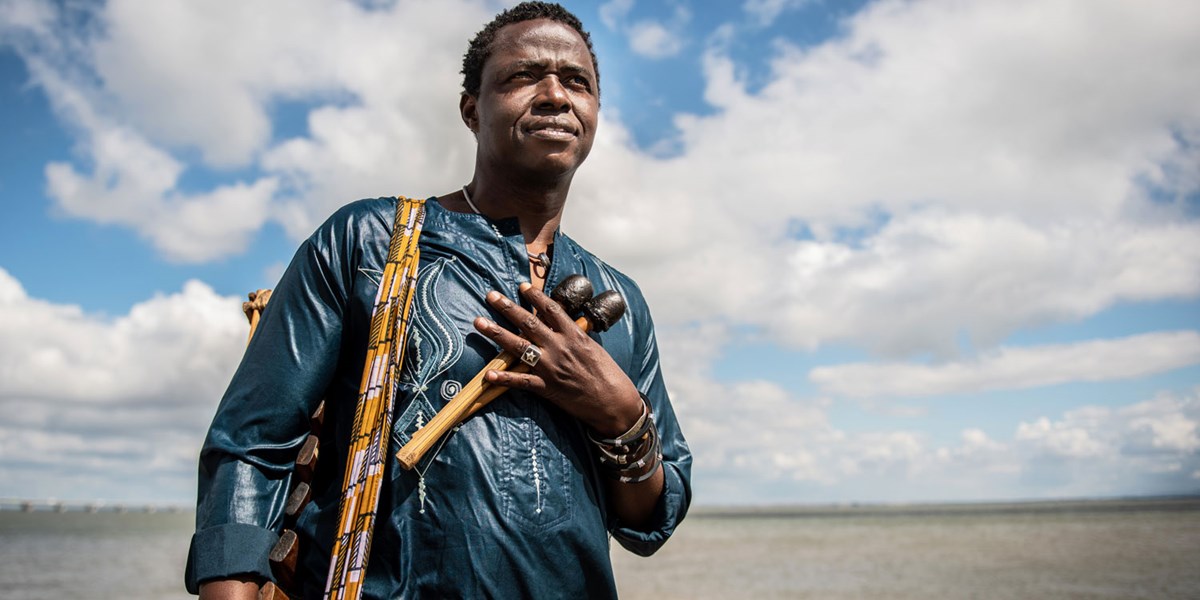Wednesday, March 8, 2023
Kimi Djabaté: “I don’t want to be just a griot, I want to be who I am”
Before Madonna fell in love with his music, Kimi Djabaté was already making a name for himself. But now, he tells Gonçalo Frota, with the release of Dindin, he is no longer plagued by doubt

Kimi Djabaté (photo: Rita Carmo)

Register now to continue reading

Thanks for visiting the Songlines website, your guide to an extraordinary world of music and culture. Sign up for a free account now to enjoy:
- Free access to 2 subscriber-only articles and album reviews every month
- Unlimited access to our news and awards pages
- Our regular email newsletters

